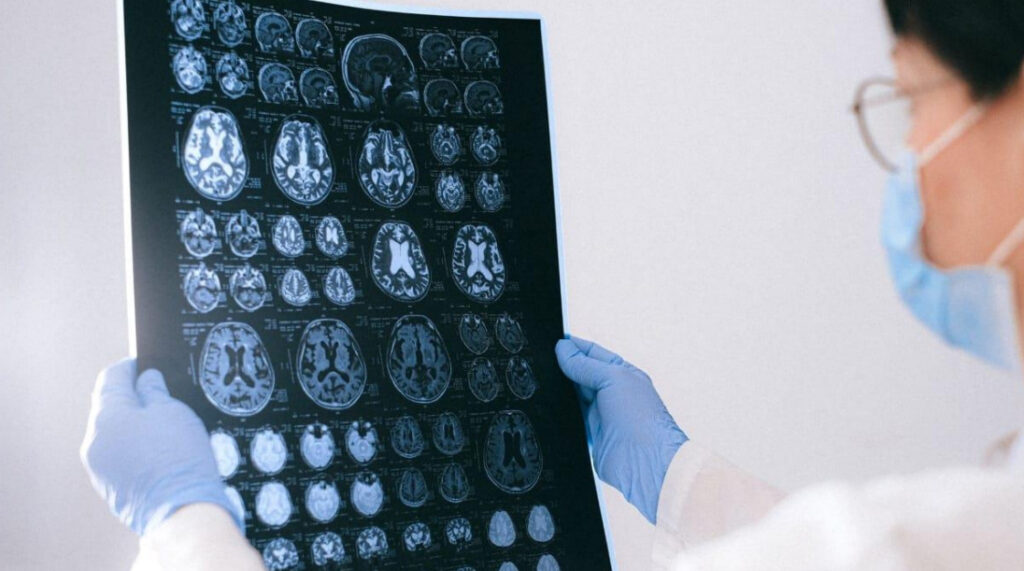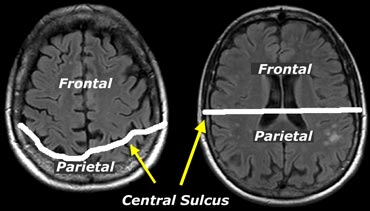Understanding Dementia
Dementia is a complex and debilitating neurological condition affecting millions worldwide. It is characterized by memory loss, cognitive decline, and changes in behavior and communication. As the global community struggles with the increase in dementia patients , research has highlighted the importance of lobular study of Brain in understanding and managing its symptoms.
The brain’s lobes, including the temporal, frontal, parietal, and occipital lobes, play a crucial role in cognitive function, memory, and behavior. In dementia, the degeneration of brain cells and tissues affects these lobes, leading to distinct symptoms. Lobular study focuses on understanding the specific changes occurring in each lobe and their impact on dementia symptoms.

Dr. Fareed Rahman K, a renowned Ayurveda dementia specialist, emphasizes the significance of lobular study in managing dementia symptoms. “Lobular study is essential to understand the progression of dementia and develop targeted interventions. By identifying the specific lobes affected, we can create personalized treatment plans to alleviate symptoms and improve the quality of life for dementia patients.”

Dr. Fareed Rahman’s work has focused on integrating Ayurvedic principles with modern neuroscience to develop innovative approaches for dementia care. His contributions have been instrumental in highlighting the importance of lobular study in dementia management. “Ayurveda offers a unique perspective on dementia, emphasizing the interconnectedness of body, mind, and spirit. By combining this wisdom with modern research, we can develop more effective and holistic treatments,” Dr. Rahman explains.
The temporal lobe, for instance, plays a critical role in memory formation and retrieval. Damage to this lobe can lead to significant memory loss, a hallmark of dementia. Lobular study helps researchers understand the specific changes occurring in the temporal lobe, enabling the development of targeted therapies to improve memory function.

Similarly, the frontal lobe is responsible for executive function, decision-making, and behavior regulation. Dementia patients often exhibit changes in behavior and decision-making abilities, which can be traced back to frontal lobe degeneration. Lobular study informs the development of strategies to manage these symptoms and improve patient care.
In conclusion, dementia is a complex condition requiring a multifaceted approach. Lobular study is a crucial aspect of dementia research, enabling researchers and clinicians like Dr. Fareed Rahman K to develop innovative and effective treatments. By understanding the specific changes occurring in each brain lobe, we can improve dementia care and enhance the lives of those affected. As Dr. Fareed Rahman emphasizes, “Lobular study is a game-changer in dementia management. It’s time to embrace this knowledge and work together to create a better future for dementia patients and their families.”
For Appointment with Dr Fareed Rahman



